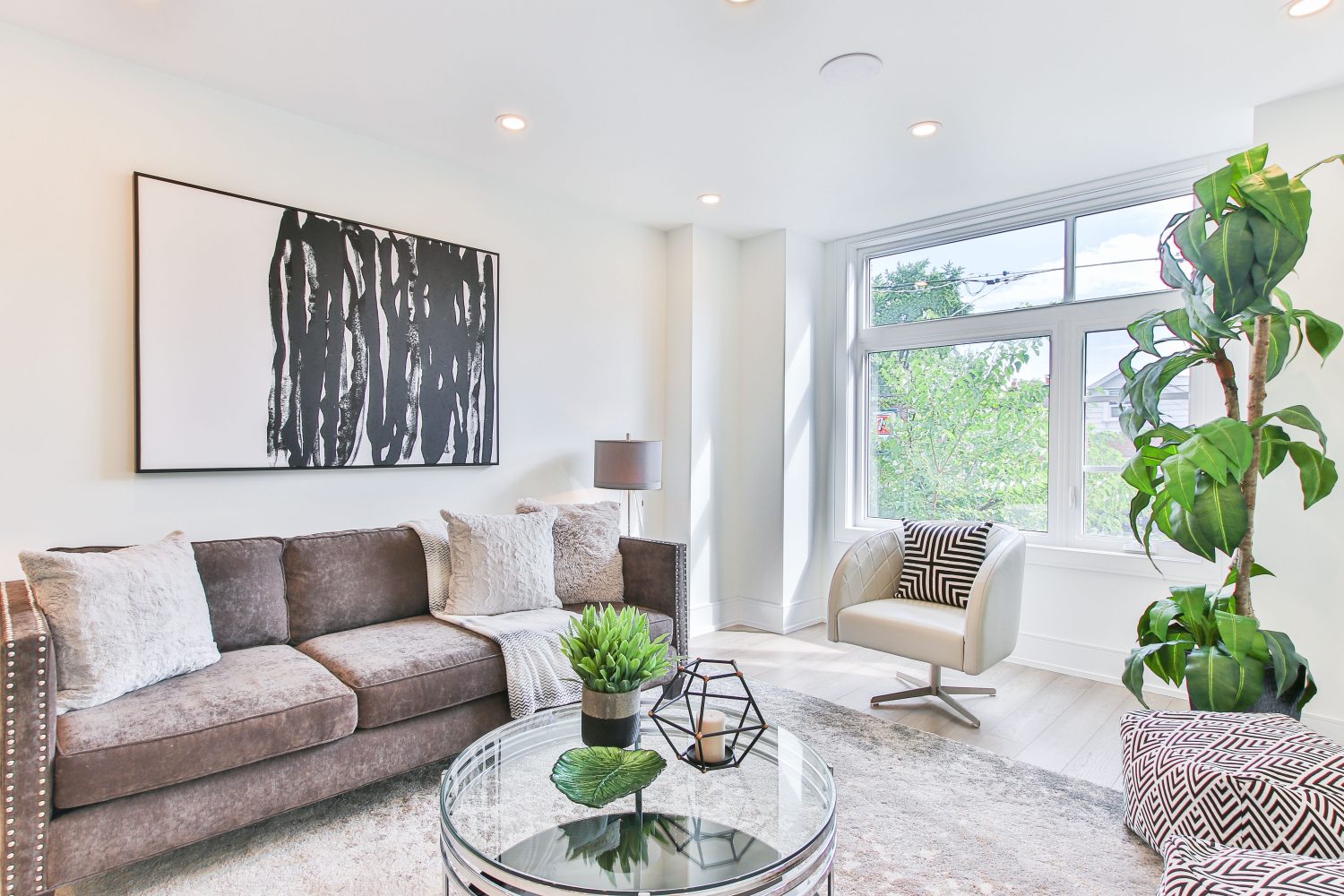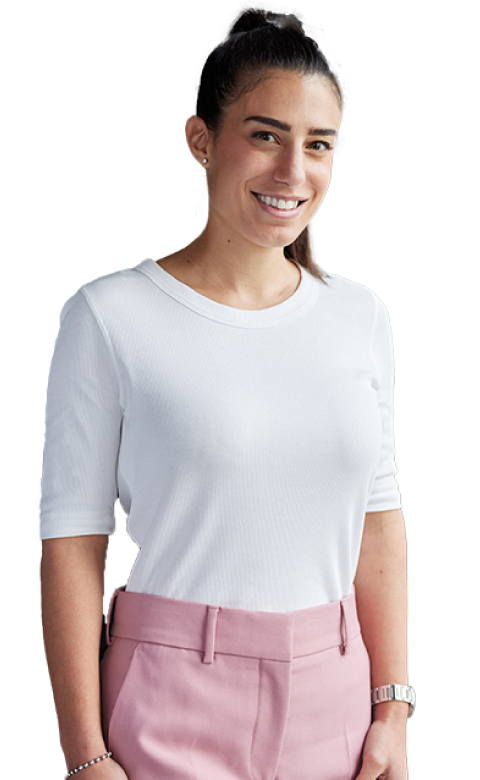
For many first home buyers, the decision whether to save up a 20% deposit or to borrow a higher amount and pay a lower upfront cost is a tough one. Just when should you buy your first home? Well, it depends. Here are some things consider:
You might need to compromise on what or where you buy
If you want to get in the market sooner but can’t afford to buy that house in you preferred suburb you have a couple of options. This might mean Rentvesting or that you buy a smaller apartment or townhouse now and start building equity while you pay down the loan. You may also decide to purchase property in a lower cost suburb now and sell at a later stage, allowing you to move to your preferred area over time.
If you do purchase a “stepping stone” property, it does mean that you might need to sell your place before buying your next one and you’ll be hit twice with extra transactional costs (stamp duty, agent fees, lenders insurance). Depending on how tight your borrowing capacity is, you might not have as much freedom financially to save and spend on other things – such as a new car or annual holiday.
The cost of Lenders Mortgage Insurance
If you are buying without a 20% deposit, you will be required to pay Lenders Mortgage Insurance. This is often capitalised onto the home loan and will increase your monthly repayments by a modest amount (a modest increase is still an increase).
The benefits of Capital Growth
The positives of buying early mean that you can potentially benefit from any price rises in the market, with the aim to build equity through paying down a loan and not have to pay rent. This can then be leveraged to upgrade at a later stage or use the equity in your property to purchase an investment.
What are your lifestyle goals?
There are two ways of looking at this. The first is where you prefer to live and whether you are happy to continue renting or are looking for the freedoms of owning your own property.
If you love where you live but can’t afford to buy there or are looking to buy as an investment, then Rentvesting might be for you. Alternatively, if you don’t want to rent anymore and simply want to be in your own home, then buying to live in will make more sense. As mentioned above, you may have to make a compromise on where you buy and live if you are wanting to get into the market sooner. Waiting might make sense for you if you are hoping to buy in a more expensive suburb.
The risk of the market moving while you’re saving
The benefit of waiting is that you can often save additional funds and avoid extra transactional costs. The big risk is that the market might move significantly while you are still saving. The Melbourne and Sydney housing markets have increased at an eye-watering pace this past year, many first home buyers are struggling to save a 20% deposit, when property values increase faster than they can save.
Other things to consider
Other factors to consider include
- Whether you are paying rent or living at home (and what your other expenses look like),
- how quickly you are saving, and
- if you anticipate your income is going to rise significantly in future.
- There are also x-factors to consider such as if you are expecting a large lump sum in future (inheritance) or potentially might be able to purchase with a partner.
Deciding when you buy is going to take time and consideration. A lot of it hinges on your deposit and borrowing power right now coupled with property prices in the market. Not sure if you’re ready? Sometimes workshopping ideas and talking through where you’re at can be very helpful. We’re on hand if you need a sounding board.


